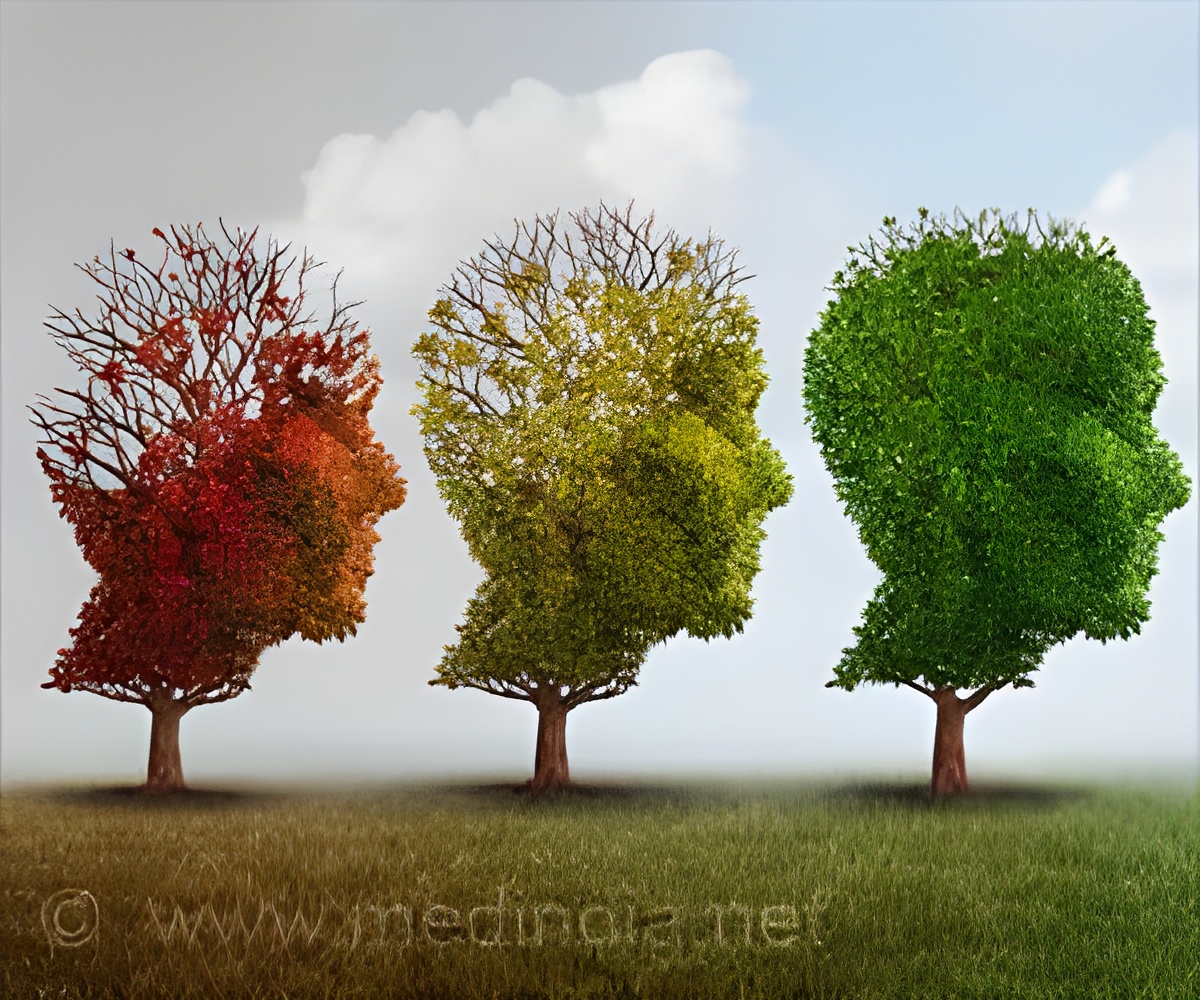Prevailing Alzheimer's theory is now questioned with new discovery on the disease and a highly debated new drug therapy.

‘Prevailing Alzheimer's theory is now questioned with a new discovery. It is found that restoring the levels of a specific brain protein called amyloid-beta peptide in its original soluble form helps keep the brain healthy and this should be considered as the target of Alzheimer's dementia therapies.’





AD plaques were first identified over 100 years ago by the scientist Alois Alzheimer in the brain of patients suffering from the disease. More than 6 million Americans are living with Alzheimer's dementia. Since the discovery, the research primarily focuses on the treatment that targets clearing the plaques off the AD brain. The New Challenging Theory of Alzheimer's disease
However, it is found that restoring the levels of a specific brain protein called amyloid-beta peptide in its original soluble form helps keep the brain healthy and this should be considered as the target of Alzheimer's dementia therapies.
The findings questions the FDA's conditional approval (June 2021) of new medicine – Aducanumab, that treats Alzheimer’s disease by reducing its pathological hallmark – amyloid-beta plaques.
"It's not the plaques that are causing impaired cognition. Amyloid plaques are a consequence, not a cause," of Alzheimer's disease, says Alberto Espay, the new study's senior author and professor of neurology at UC and a member of the UC Gardner Neuroscience Institute.
Advertisement
The Shift of Alzheimer's Era
Advertisement
The amount of plaques and levels of the peptide in the cognitively impaired individuals were then compared to those with normal cognition. It was found that the individuals with high levels of the soluble amyloid peptide were cognitively normal and had larger hippocampus (area of the brain crucial for memory), despite the amount of plaques in the brain.
The authors state that amyloid plaque development starts as we age but only a few people develop dementia. And by the age of 85, almost 60% of people will have these plaques, but only 10% develop dementia.
"The key discovery from our analysis is that Alzheimer's disease symptoms seem dependent on the depletion of the normal protein, which is in a soluble state, instead of when it aggregates into plaques," says co-author Kariem Ezzat from the Karolinska Institute.
The findings suggest that replenishing these soluble brain proteins to their normal levels may be a promising therapy against AD. The team is now set to test their findings in animal models. This shifts the complete paradigm of Alzheimer's treatment and research over the last two decades.
Source-Medindia










